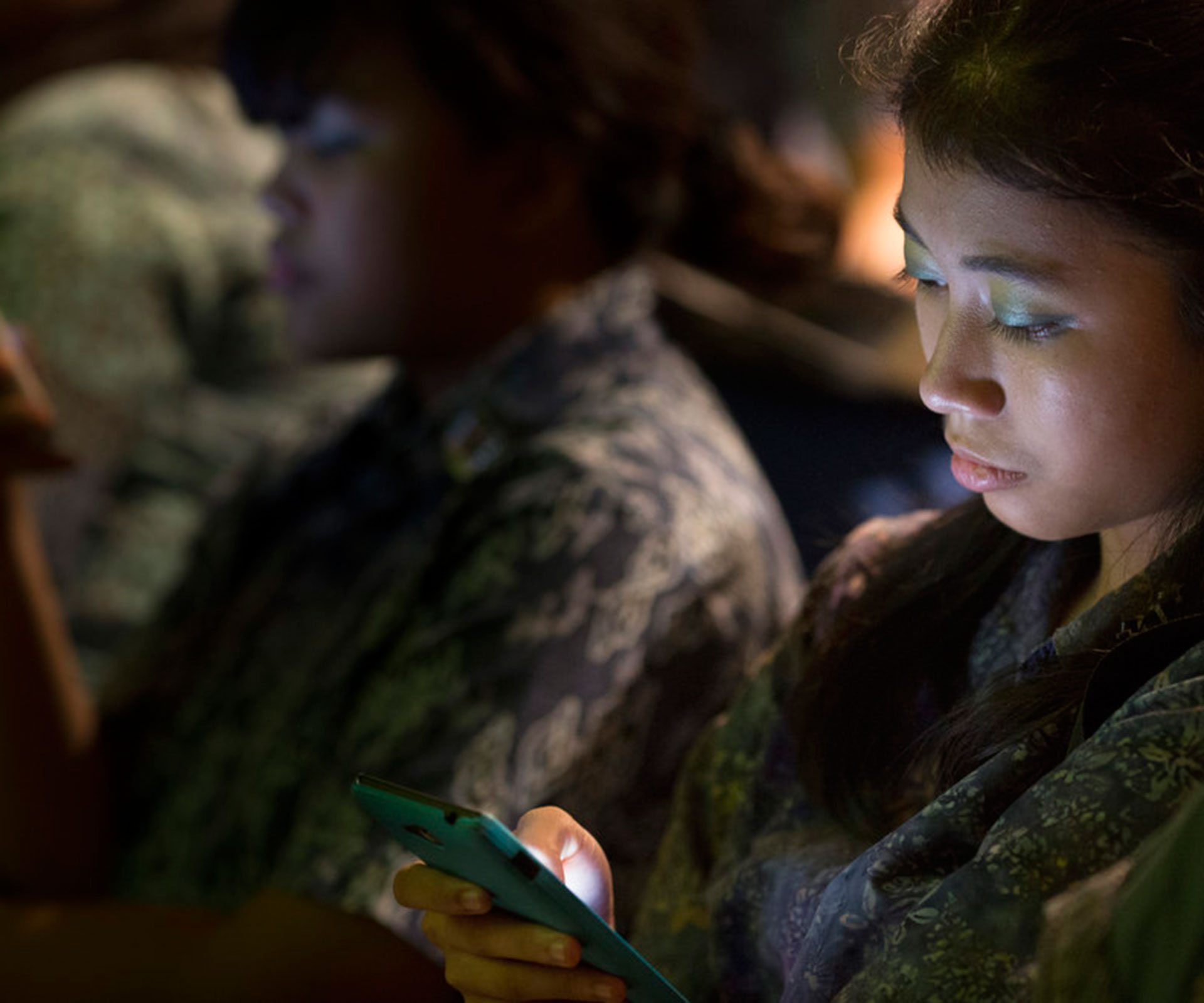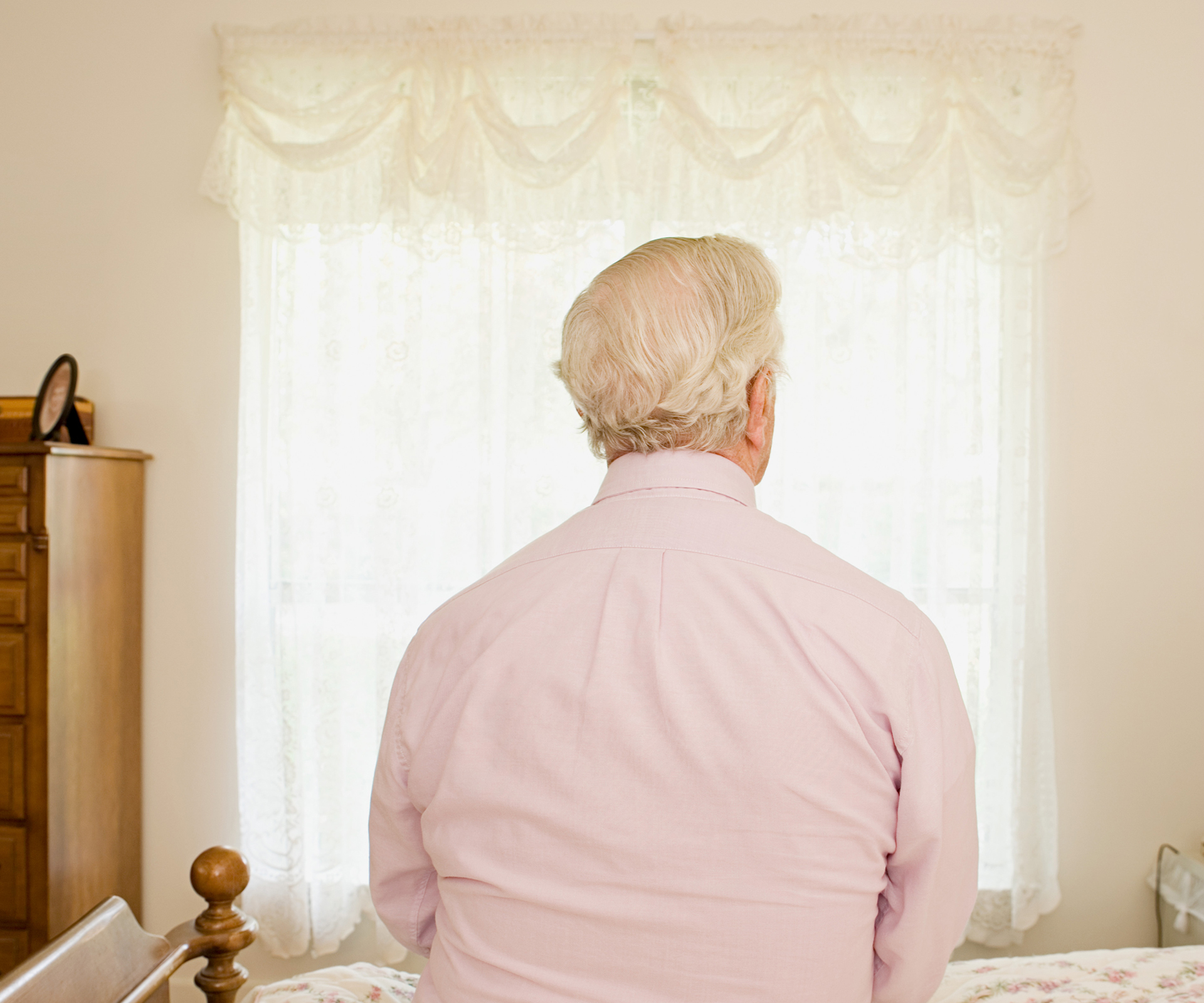Loneliness is subjective. You could be in a room full of people, at an event you’ve been looking forward to for weeks, and that wave of loneliness could still come crashing down on you, leaving you feeling like you’re drowning. You could be with the people you love the most in the whole world, but feel completely disconnected from them and your surroundings. It’s an empty, hollow feeling, but it’s one we all know. So why haven’t we figured out how to become immune to loneliness, just like we have with the flu, or other illnesses?
Science has shown that humans have an innate need to feel connected, but at this moment, it’s safe to say that here in Australia, the land of mateship and barbies, we don’t.
New research from Australia’s crisis support charity Lifeline has revealed that 60 per cent of Australians say they often feel lonely, and 82.5 per cent said loneliness is on the rise in society. Of that 82 per cent, 44 per cent were living with a spouse – a situation that, to an outsider, doesn’t sound lonely at all. The survey also found that while 53.3 per cent of respondents said they had someone to confide in, a startling one in three did not.
So what could be causing the increase in those lonely feelings? In a modern age, when we’re never really disconnected from the outside world, it’s safe to say that we should feel less alone than ever before.
Lifeline Australia CEO Pete Shmigel thinks that our constant connectivity could be part of the problem, however. “For a society that is more technologically connected than we ever have been, these results suggest we’re overlooking good old-fashioned care and compassion when it comes to our mental health and wellbeing.”

And even in a time when people speak openly and freely about their mental health struggles (George Clooney and Adele are two celebrities who have spoken about feeling alone in the past), it seems that acknowledging loneliness as a feeling that’s worthy of someone else’s attention still doesn’t come naturally.
Connie, a Lifeline Crisis Supporter who speaks to callers regularly, notes that loneliness is far more than a surface feeling, or a “common word, that we can use quite glibly.”
“Part of the problem is we often don’t want to reveal our true selves to the people who are important to us because we worry that they may not like us. It could be about depression, suicidal thoughts, or problems with gambling. All those things can often lead to loneliness.
“Sometimes people are lonely, but sometimes they are also dealing with a lot of other issues in their lives that have separated them from people that they care about who might even be able to help them – but because they’re embarrassed about the things they’re dealing with, they find it easier to speak to somebody at the end of the line who really wants to be there.”
So once loneliness has become deep-rooted within us, an everyday numbness that creeps up as regularly as hunger, and when it begins to impact our physical, mental and social health, how do we take back control?
As with any mental illness, Connie notes, acknowledgment is the first step to recovery. “It’s all about recognising the feeling, and opening up communications, and by contacting a service like Lifeline, it often enables people to express their feelings to a total stranger, and that helps to put it into context.”
If picking up the phone still feels too intimidating, you can make changes that will help free up some more room in your life. Lifeline have created a list of everyday coping mechanisms that will make a difference, without feeling too intense:
Connect or reconnect with friends and family – staying in contact with loved ones can prevent loneliness and isolation.
Get out and about – regular outings for social functions, exercise, visiting friends, doing shopping, or simply going to public places can help
Get involved in your community – Try a new (or old) hobby, join a club, enrol in study, or learn a new skill. Try looking online, at your local TAFE/Community College, library or community centre for things in your area that might be interesting to you
Volunteer – helping others is a great way to help yourself feel more connected
Consider getting a pet –pets are wonderful companions and can provide comfort and support during times of stress, ill-health or isolation
Get support – If loneliness and social isolation are causing you distress, you should discuss your concerns with a GP, counsellor or a trusted person
As one sufferer commented on the Lifeline survey, “Loneliness is like being on a phone call with bad reception, you can hear the bits and pieces around you yet you cannot engage in the conversation”. Sure, it may take a while to build that connection back up again – but acknowledging your loneliness means you’re already halfway there.
Crisis support services can be reached 24 hours a day: Lifeline 13 11 14; Suicide Call Back Service 1300 659 467; Kids Helpline 1800 55 1800; [MensLine Australia] (http://www.mensline.org.au/|target=”blank_”)1300 78 99 78.


